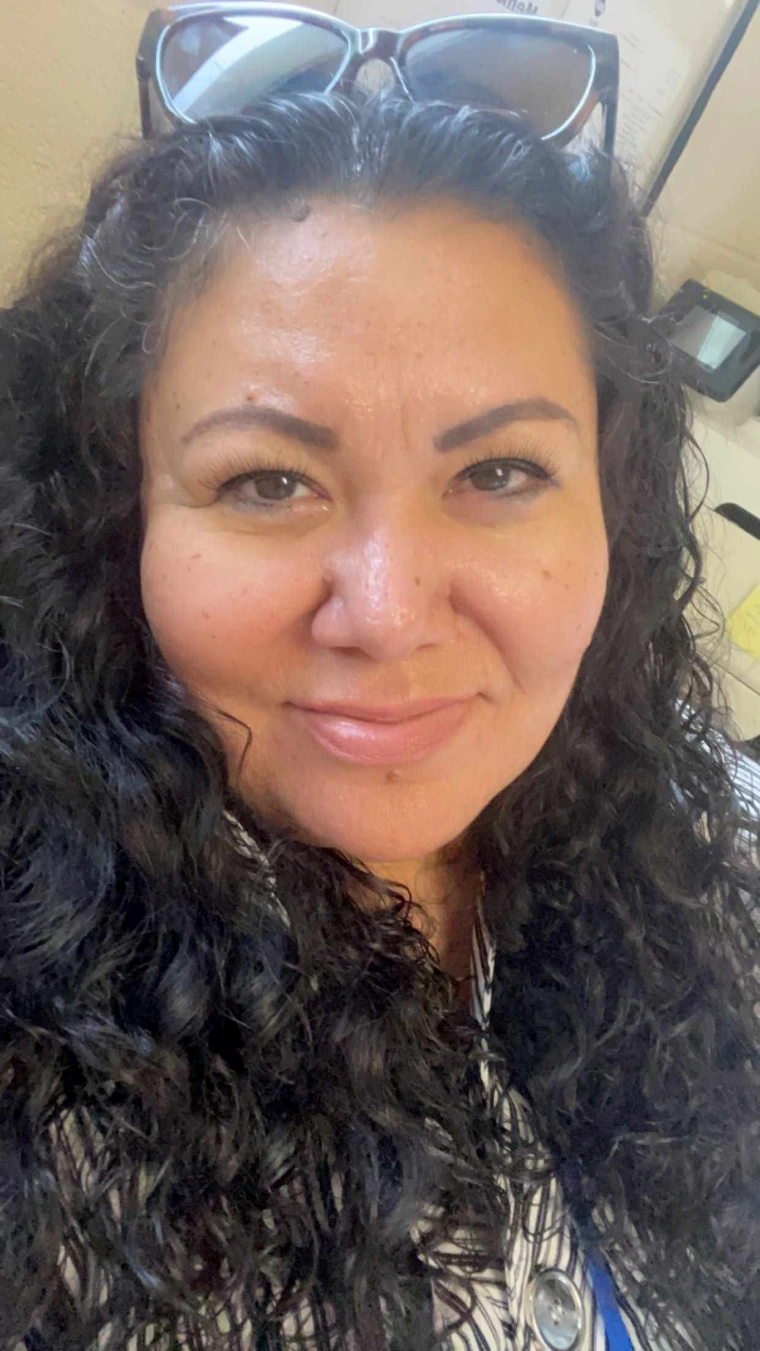Lisa Chavez

My main areas of interest/focus within the field of Human Rights Practice include international human rights mechanisms, community engagement, advocacy and policy work, research and analysis, building specialized skills, and practical experience. The United Nations system alone is an area of focus with studying and understanding the processes and procedures involved. I also am interested in having opportunities for internships, fieldwork, or practicum placements with human rights organizations, NGOs, government agencies, or international institutions. I think it is important to actively engage with the coursework, seek out practical experiences, and connect with professionals and organizations in the field to get the opportunity to further my areas of interest and focus.
I also joined the Human Rights Practice Program to develop and apply specialized knowledge and practical skills to contribute to ongoing projects and to learn from professionals in the field. Through community engagement, so that I can work directly with affected communities, engaging in grassroots activism and empowering marginalized groups to claim their rights. Through advocacy and policy work, so that I can focus on developing skills in policy analysis, lobbying, and advocating campaigns. Through research and analysis, so that I can focus on honing my research skills to explore human rights issues.
My decision to pursue an MA in Human Rights Practice is personal and was influenced by a combination of factors throughout my life. I reflected on a commitment to advancing human rights and have a belief in the transformative power of education and advocacy in the field. But, if I were to name several examples it would be having a passion for protecting and promoting human rights first and foremost. Second would be the career aspirations, advocates, researchers, policy analysts and practitioners. This program allows me the knowledge and skills to pursue such careers in the field. Third, would be the exposure of human rights issues and personal experiences of human rights, including guest lecturers, specialized projects and decision making events with local communities are another. Fourth, is to understand the complexities of human rights violations, the legal frameworks, historical content and other factors contributing to inequality and discrimination. Lastly is grasping the global issues, international law and understanding the global concern -- being able to seek and engage diverse perspectives and experiences in this ever-changing world.

